Constipation: Refractory
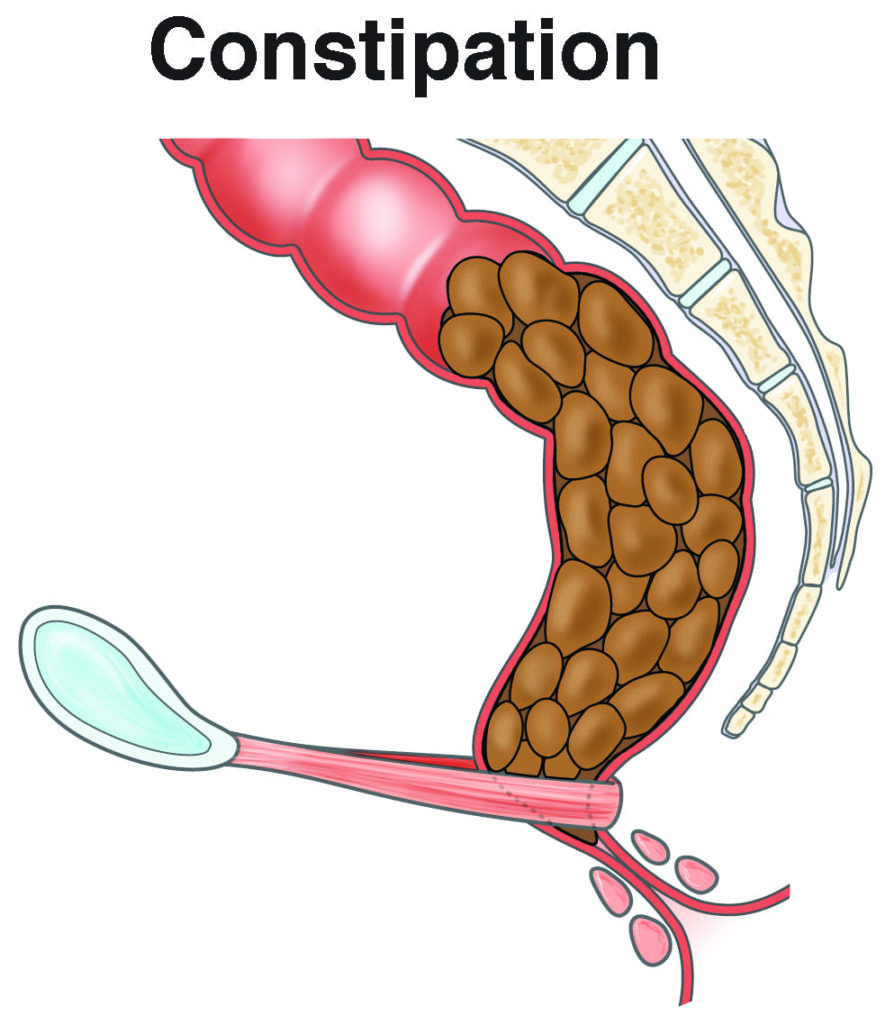
Constipation is when you have infrequent or hard-to-pass bowel movements, have hard stools, or feel like your bowel movements are incomplete.
Ostomy
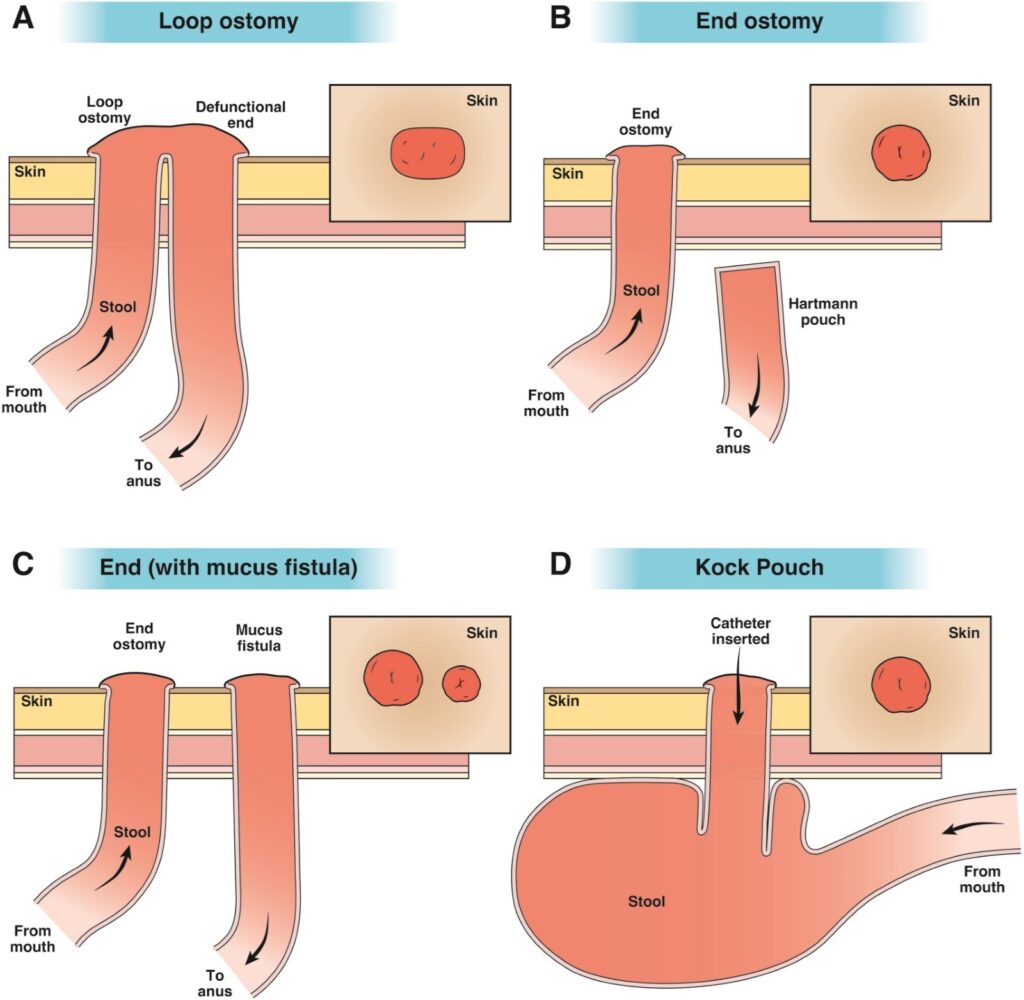
An ostomy is an opening in your stomach that is made by surgery to let solid or liquid waste leave your body.
Iron deficiency anemia
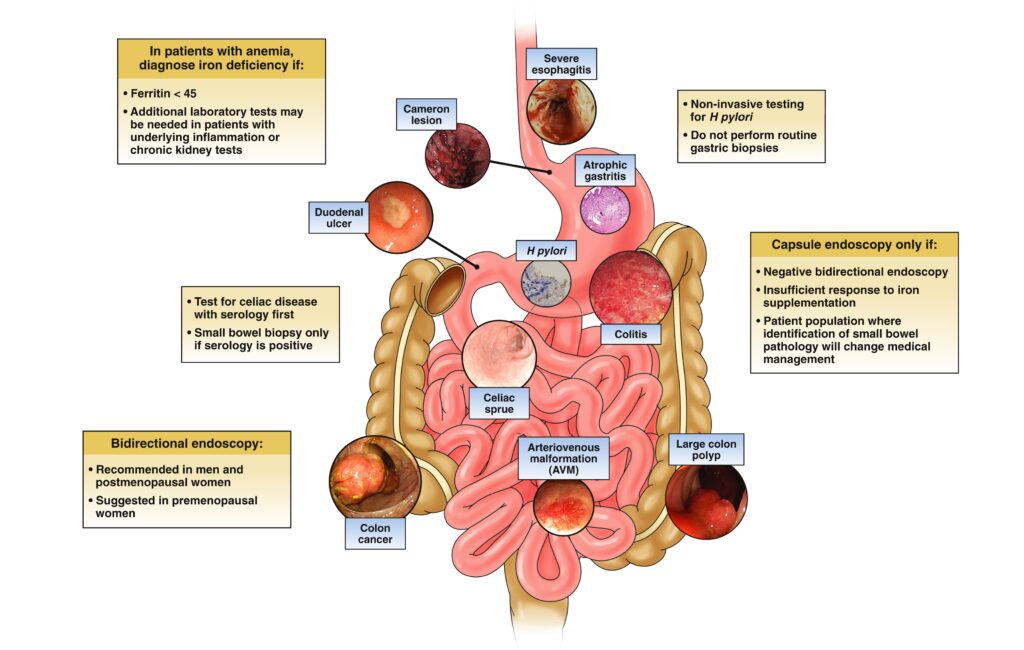
Iron deficiency anemia is the most common type of anemia that happens when you don’t have enough iron to make healthy red blood cells.
Colonoscopy
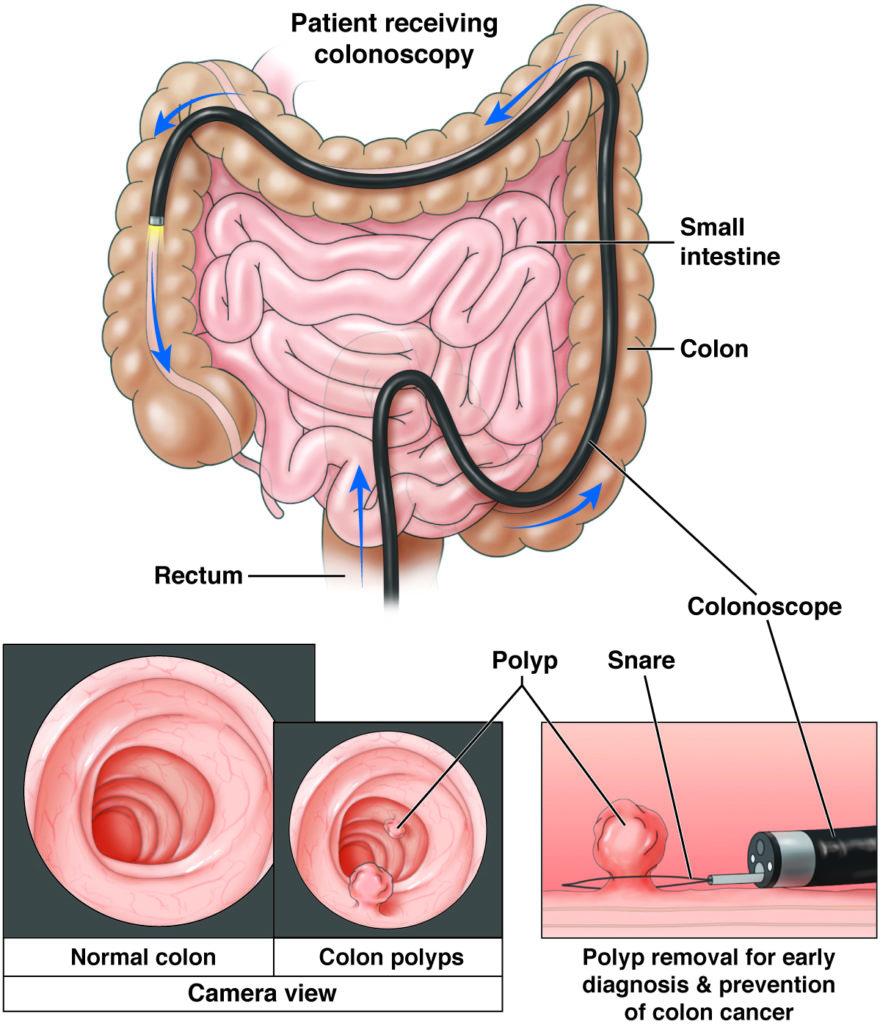
A colonoscopy is a procedure performed by a doctor called a gastroenterologist, who uses a colonoscope to look inside the colon and check for diseases like cancer or colitis.
Colorectal cancer screening: What to expect when paying
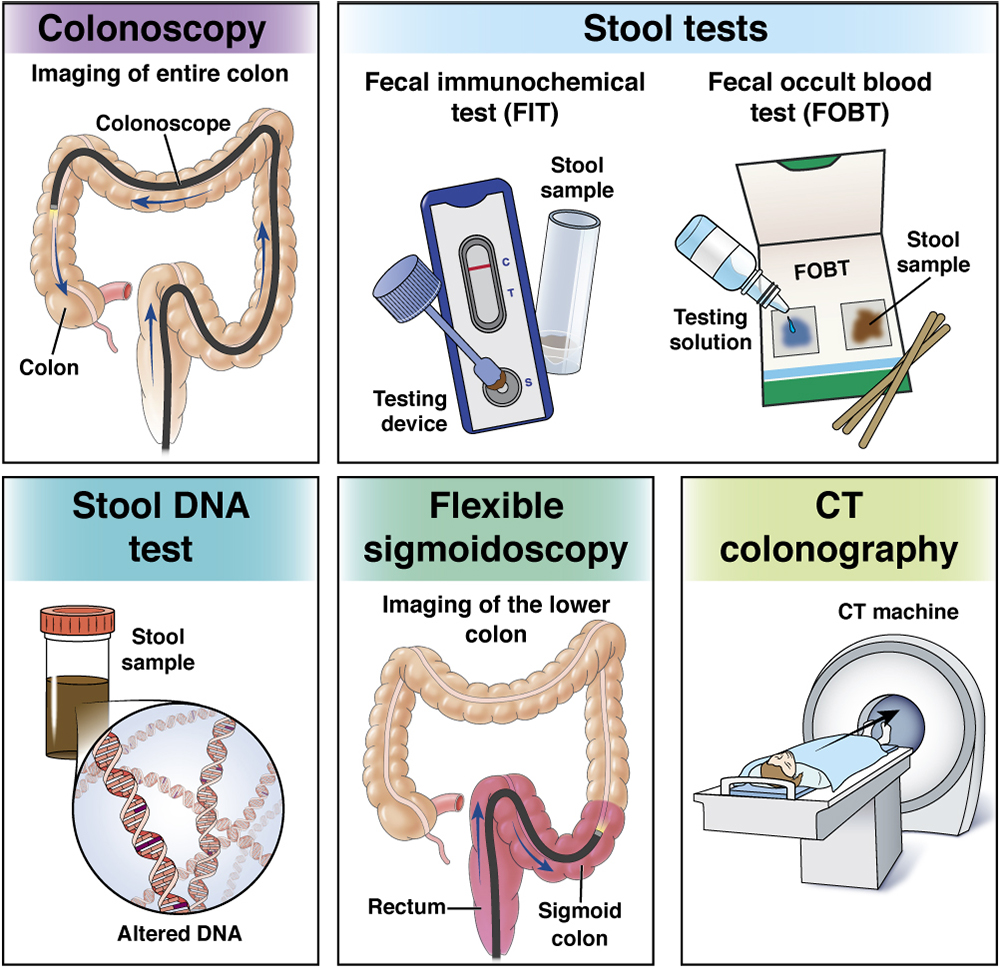
Learn what to expect and what to do if you get a bill you were not expecting after having a colorectal cancer screening.
CT colonography
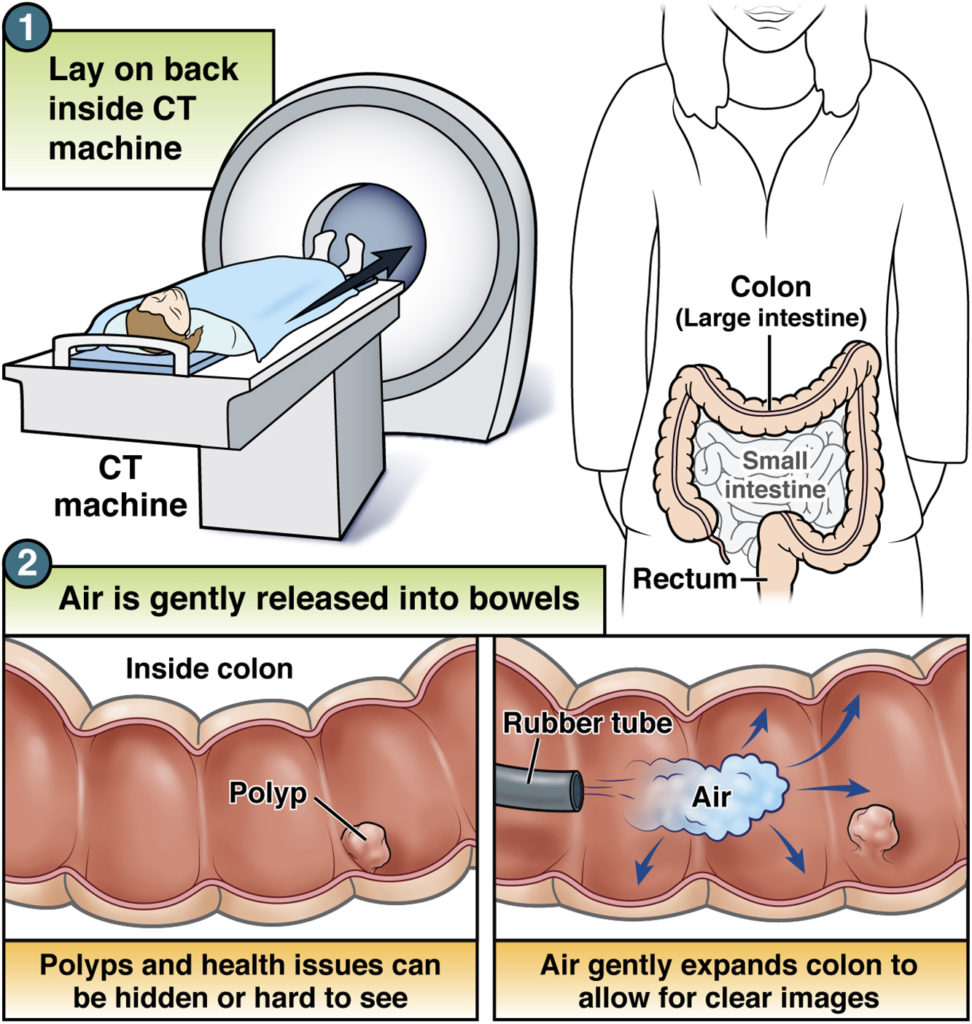
A computerized tomographic (CT) colonography, or virtual colonoscopy, is a procedure to check for health issues in the digestive tract, including colorectal cancer, using a CT scanner.
Hemorrhoids
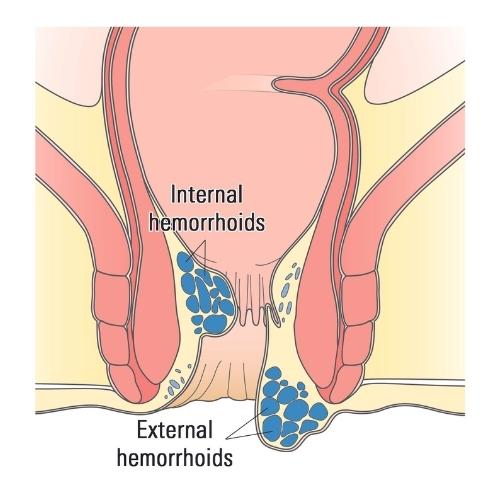
Hemorrhoids are swollen veins around the anus. Swelling can be caused by straining to move your bowels, sitting too long on the toilet, or other causes, like pregnancy, obesity, or liver disease.
Clostridioides difficile (C. diff)
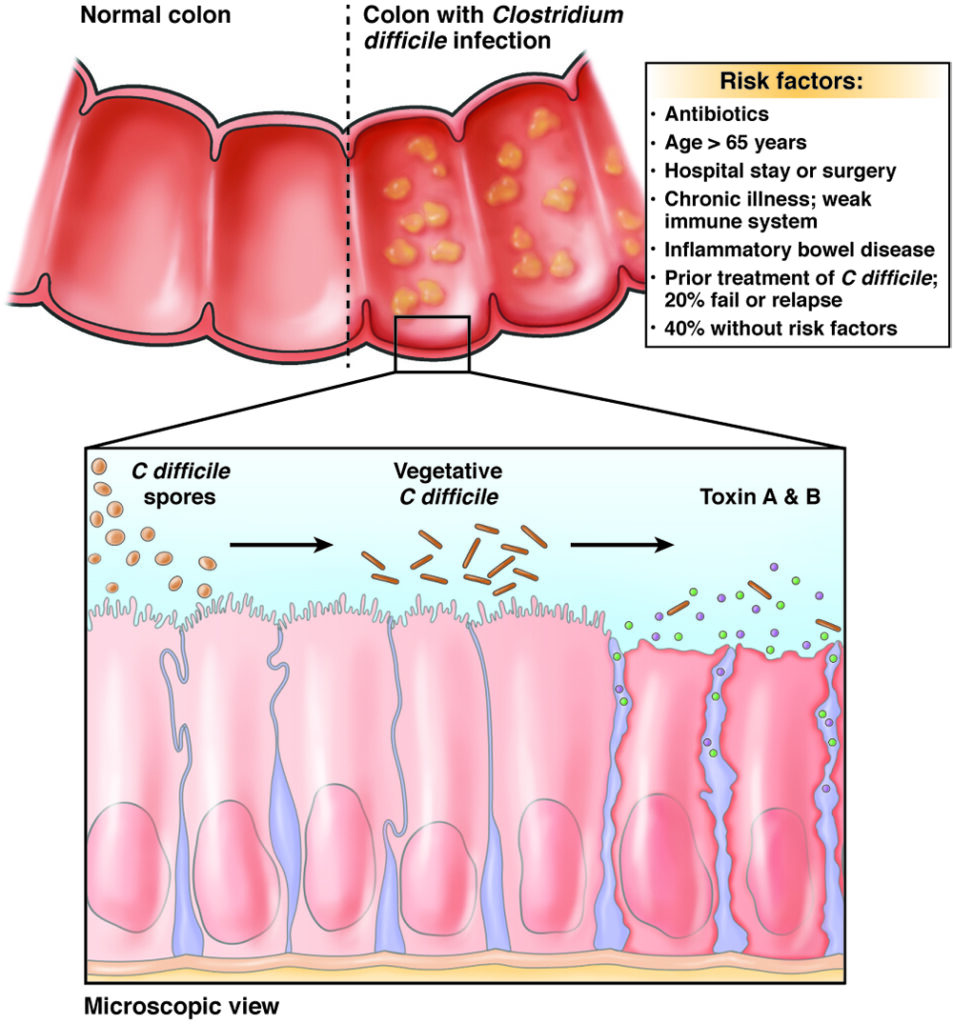
Clostridioides difficile, or C. diff, is a bacterium that can cause gastrointestinal symptoms, like nausea, watery diarrhea, stomach pain and stomach cramps that may be severe.
Diverticulitis
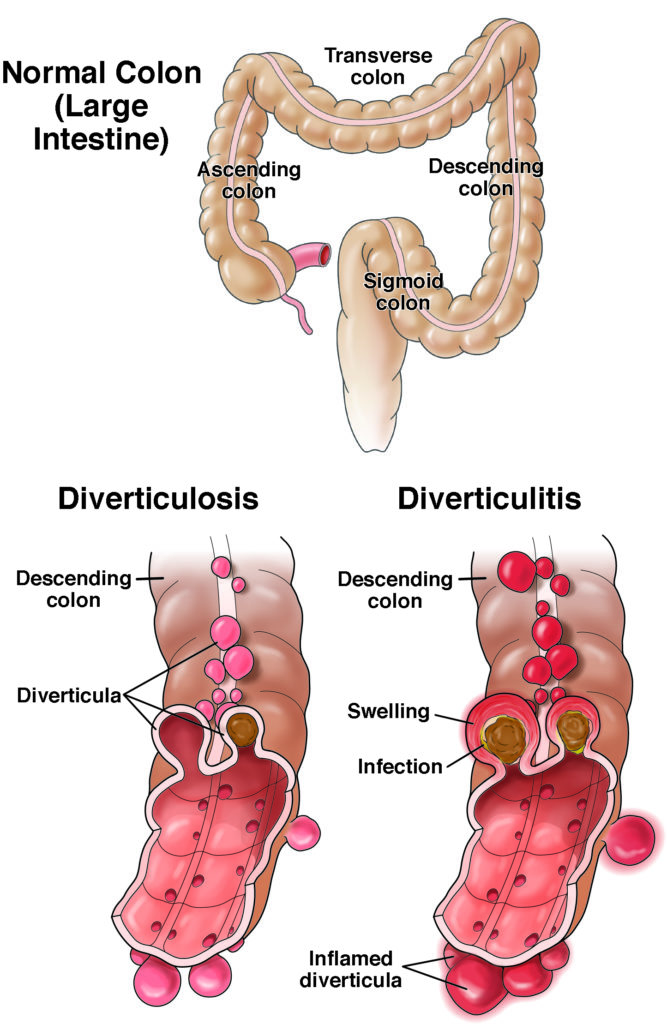
Diverticulitis is when pockets form in the colon wall and become infected or swollen causing pain, cramping, diarrhea, constipation or fever.
Colorectal cancer (CRC)
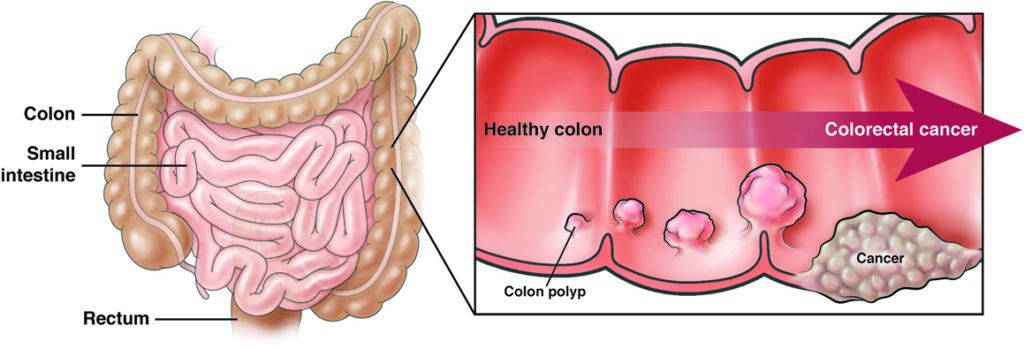
Colorectal cancer is the third most common cancer among men and among women in the U.S. It occurs when precancerous polyps in the colon or in the rectum become cancerous. Signs may include rectal bleeding, blood in the stool or change in bowel movements.
